Without fail, one of the first things our clients say to us when we begin talking about how we are going to treat their room is some iteration of “I don’t want my room to be too dead”.
This is understandable of course. Many people have gone at room treatments for critical listening spaces after some online reading and began treating reflective surfaces with thin acoustic panels. Before too long, they conclude that the room is dull and lifeless. The keyword here being “thin”. When too many thin panels are used your reflective region decays faster than your resonance region. The room becomes out of balance and ‘feels’ dead.
Balance is critical, and whether a room should be lively or dry the goal should be the same: a room should have even decay of all audible frequencies. The only way you can achieve this is with a significant amount of bass traps to lower the decay of the resonance region. If your only bass trapping is in the corners you will never achieve a balanced state in the room.
This is a universally proven way to achieve good results in an audio-focused room but the main subject of this tip today is this:
Home theaters and listening rooms that are dedicated to surround mixing should be drier than 2 channel rooms.
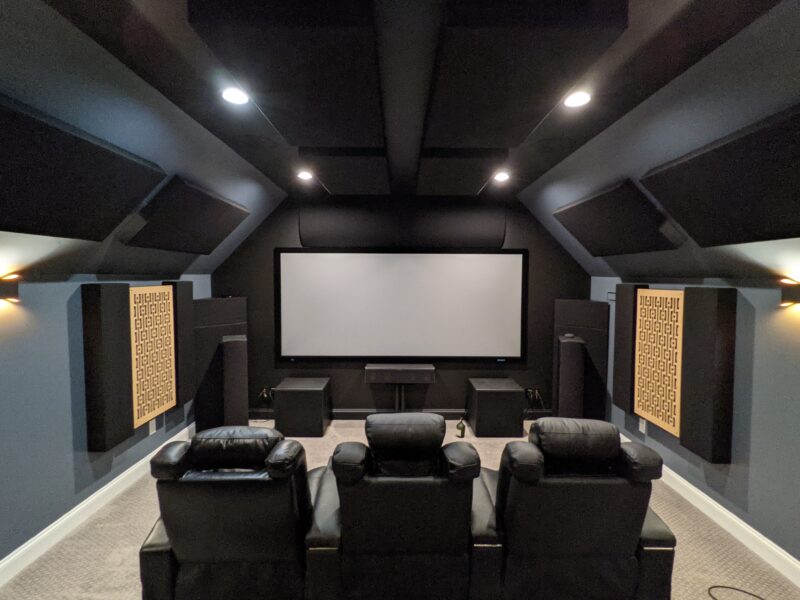
A stereo-based room will benefit from some interaction with reflection and diffusion in the room so that you can deepen and widen your soundstage and make your speakers ‘disappear’. Alpha panels, Polyfusors, and Gothams are key elements in achieving this in a 2 channel space, provided you also incorporate significant amounts of bass trapping. Indeed, a two-channel listening experience can be quite enveloping when we get the balance right and leave the room more natural feeling.
A surround-based room, on the other hand, has drivers all around you to create this sense of space. You want your room to be able to represent whatever is happening on the screen–and the only way you can fully achieve this is to have little to no reflective energy. In some movie moments, your room needs to sound as small as a closet full of coats with a fearful hero whispering terrified to themselves, and your surround speakers will do nothing. But if your room is “lively”, your center channel will interact with the room around you and you cannot be transported to the place your screen wants you to be.
On the other hand, in a different scene your hero might be entering an empty stadium in a new city and yelling to themselves… not sure if they can actually do this. In this case, your surround and height speakers are going to be firing like crazy, making you feel like you’re in this massive space with them.
Your home theater should be an absolute blank slate and be incredibly dry… but still balanced. This makes the use of 244 panels and Monster panels very critical for choices for your reflection panels. Because if we want the reflective range to be quite dry, this means we need the resonance range to be very quick as well.
Bass traps are incredibly important. And corner versions like our soffit and tri traps should be the foundation of any room design. But don’t stop there. Keep your reflection control panels as thick as you can to help tame that unruly bass region, and pull it downward in time to a point that your room is tight–and in the case of your surround format room…. properly dry.
For advice on your specific space, check out our Room Advice form to get in contact with one of our Designers, who will be happy to answer any questions you have!
— John Dykstra, GIK Designer (US)

John Dykstra began his professional career in audio after receiving a Bachelor’s Degree in Recording and Music Technology from Madison Media Institute in 2000. After a decade of club and touring live sound he began researching designing and building studios in 2012. John has been designing rooms with GIK since 2018.


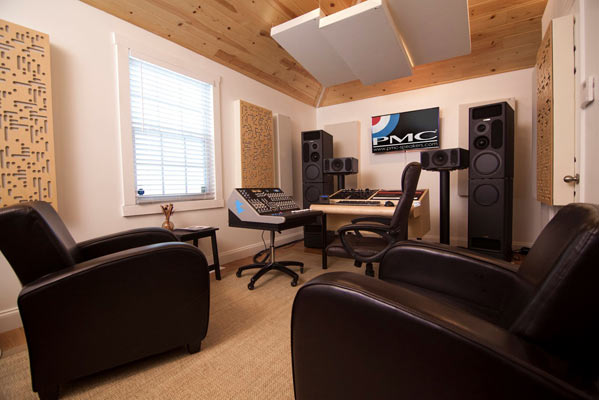
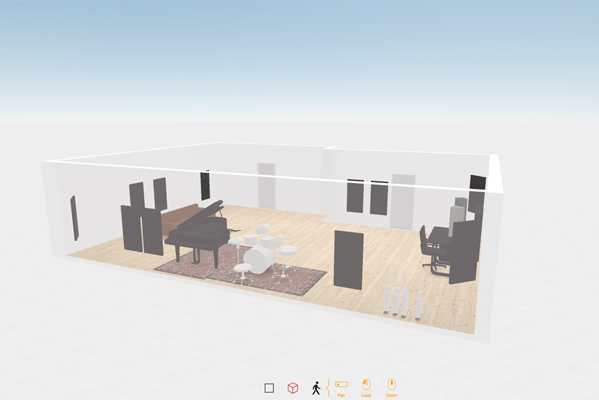
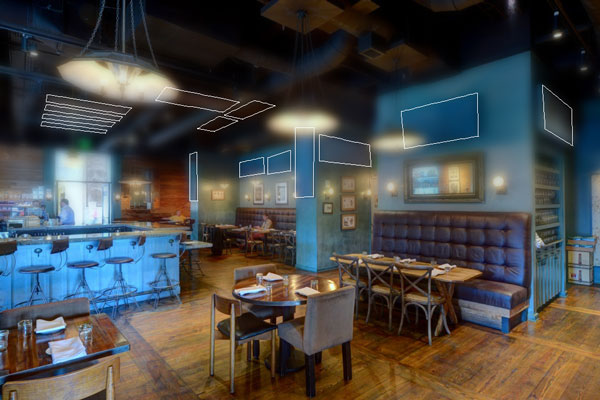

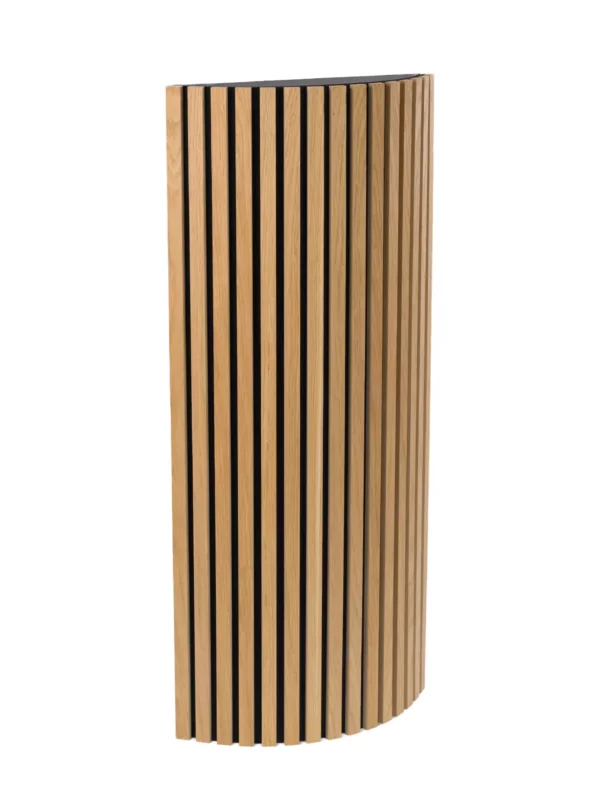
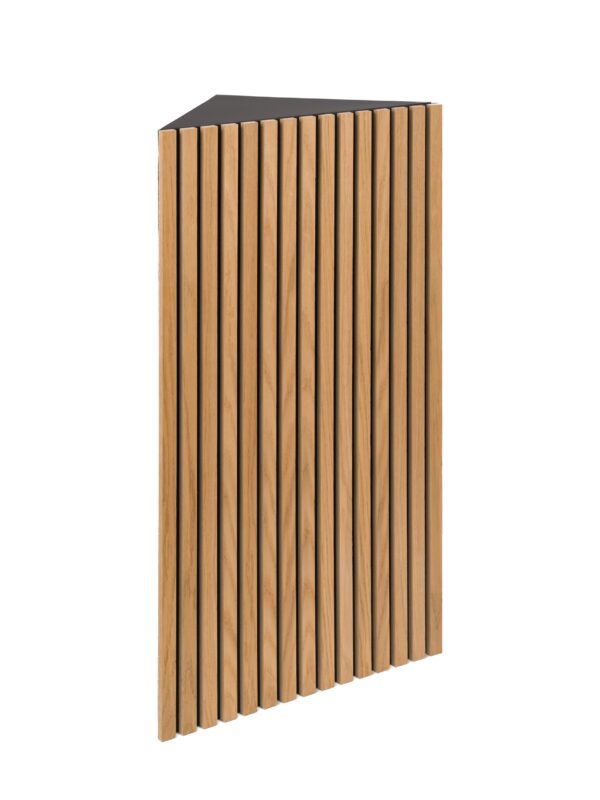
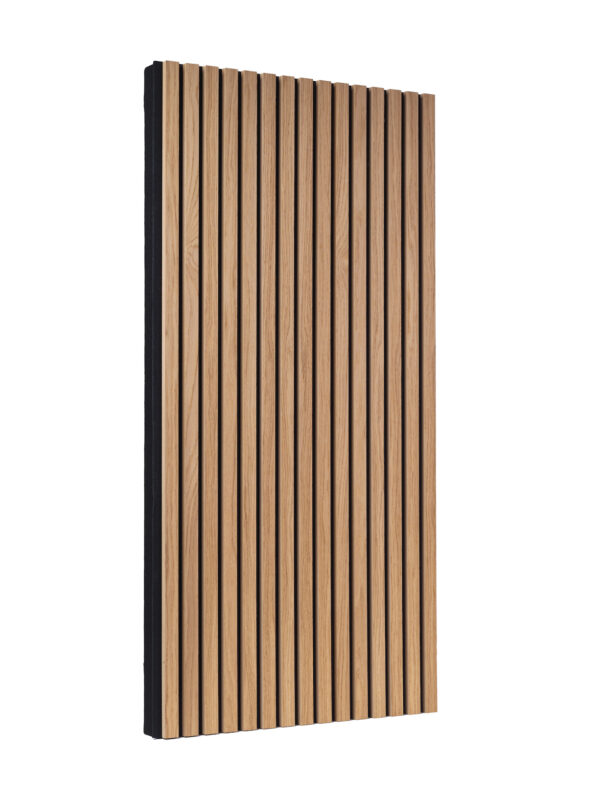
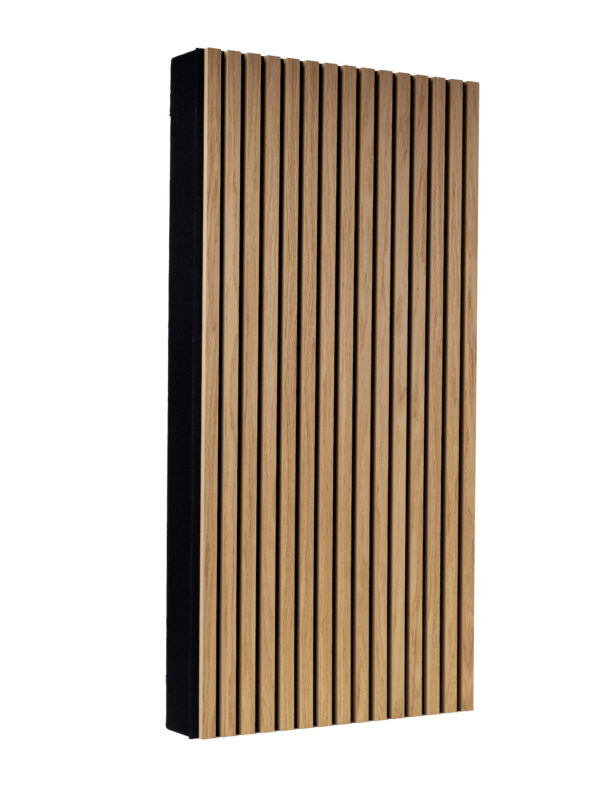
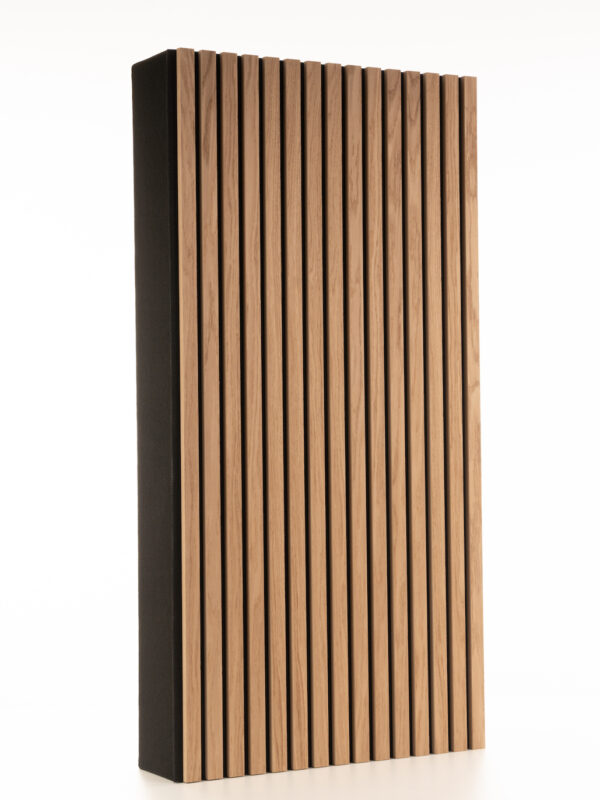

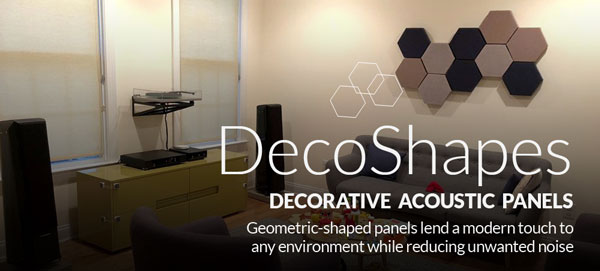

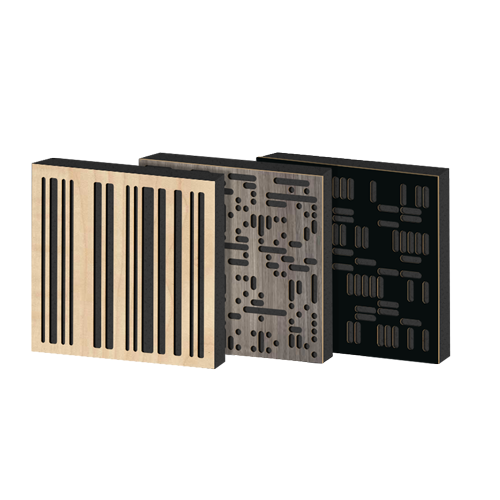


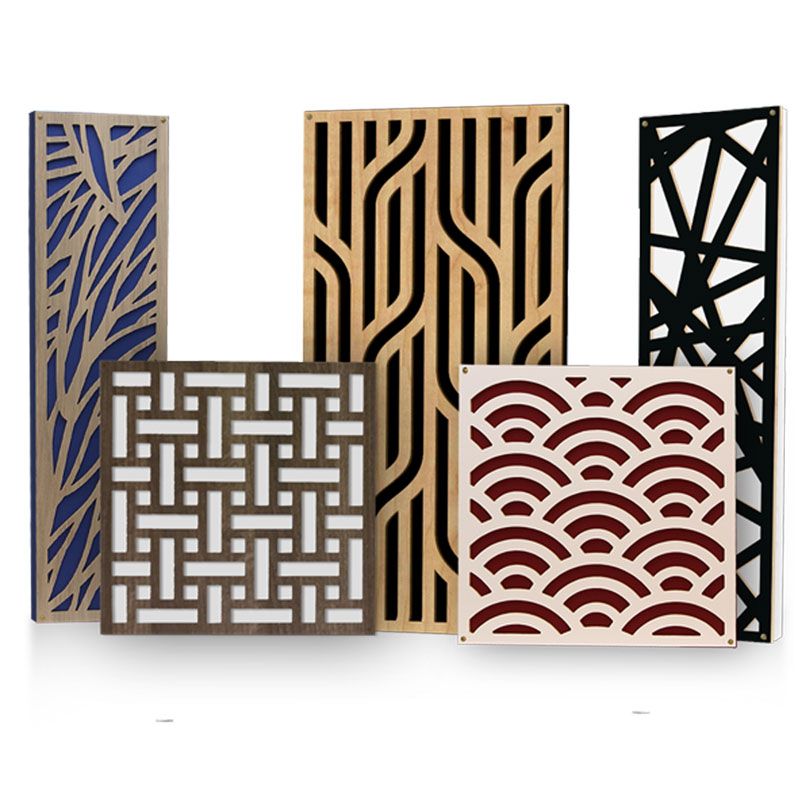
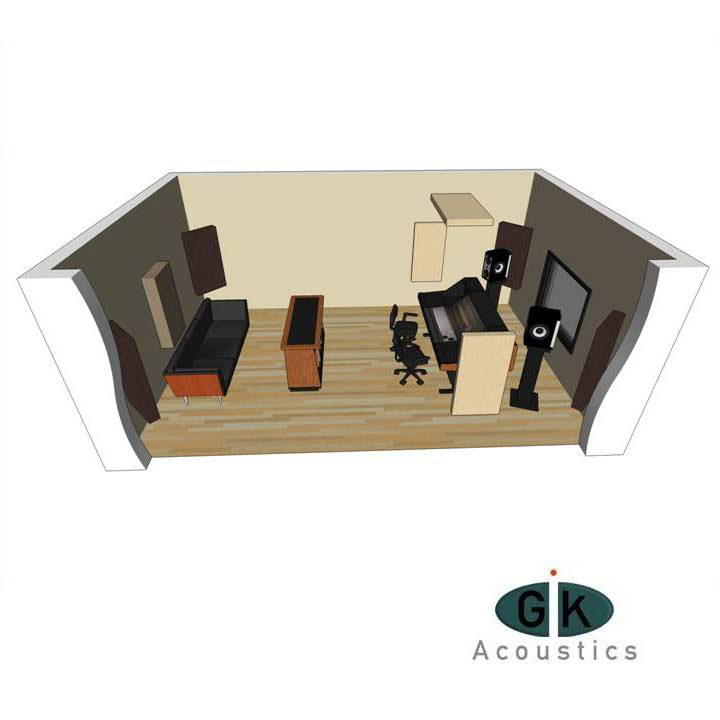
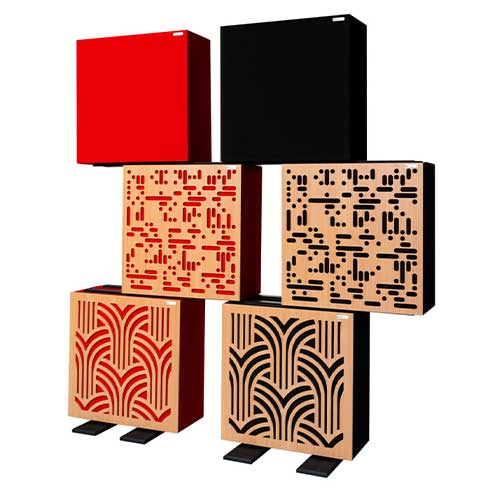
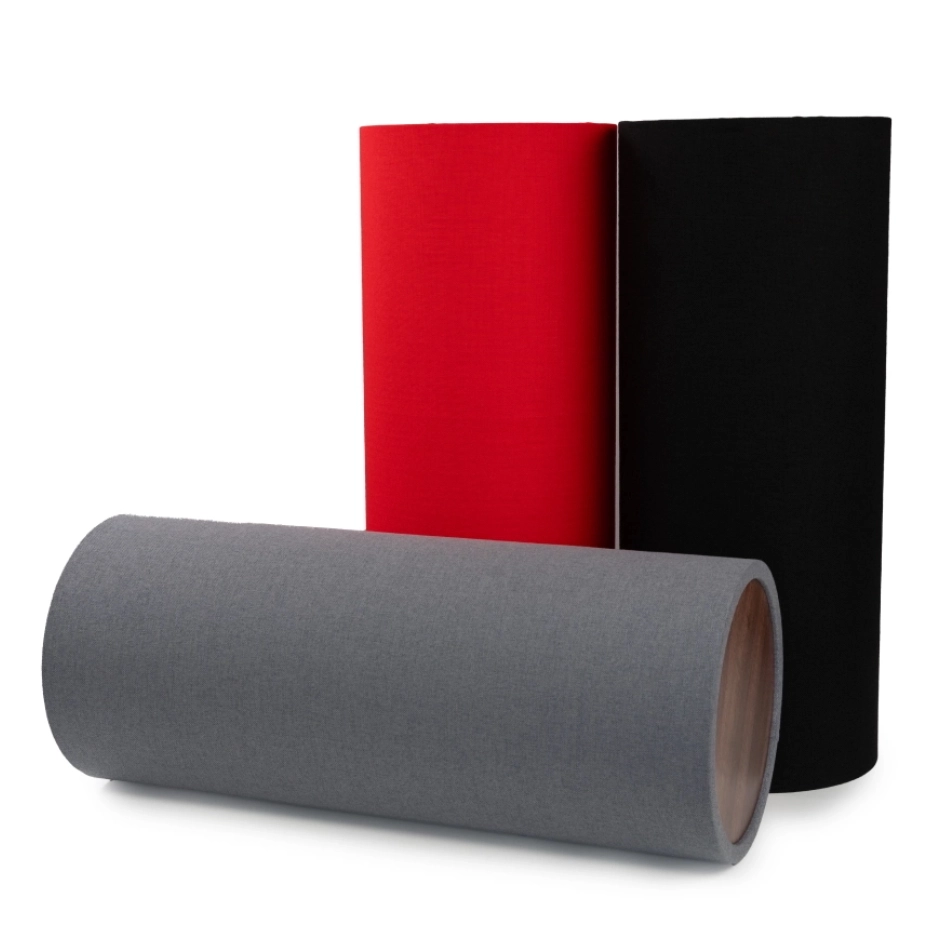
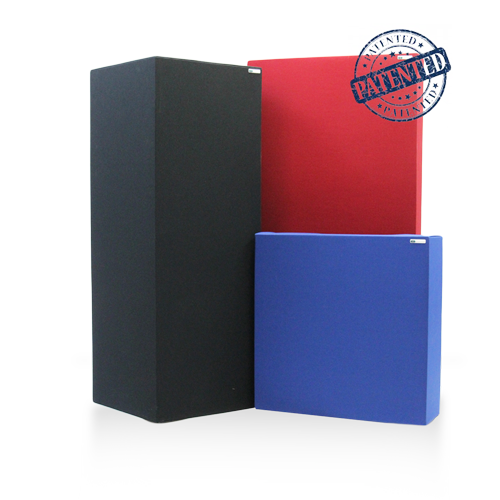


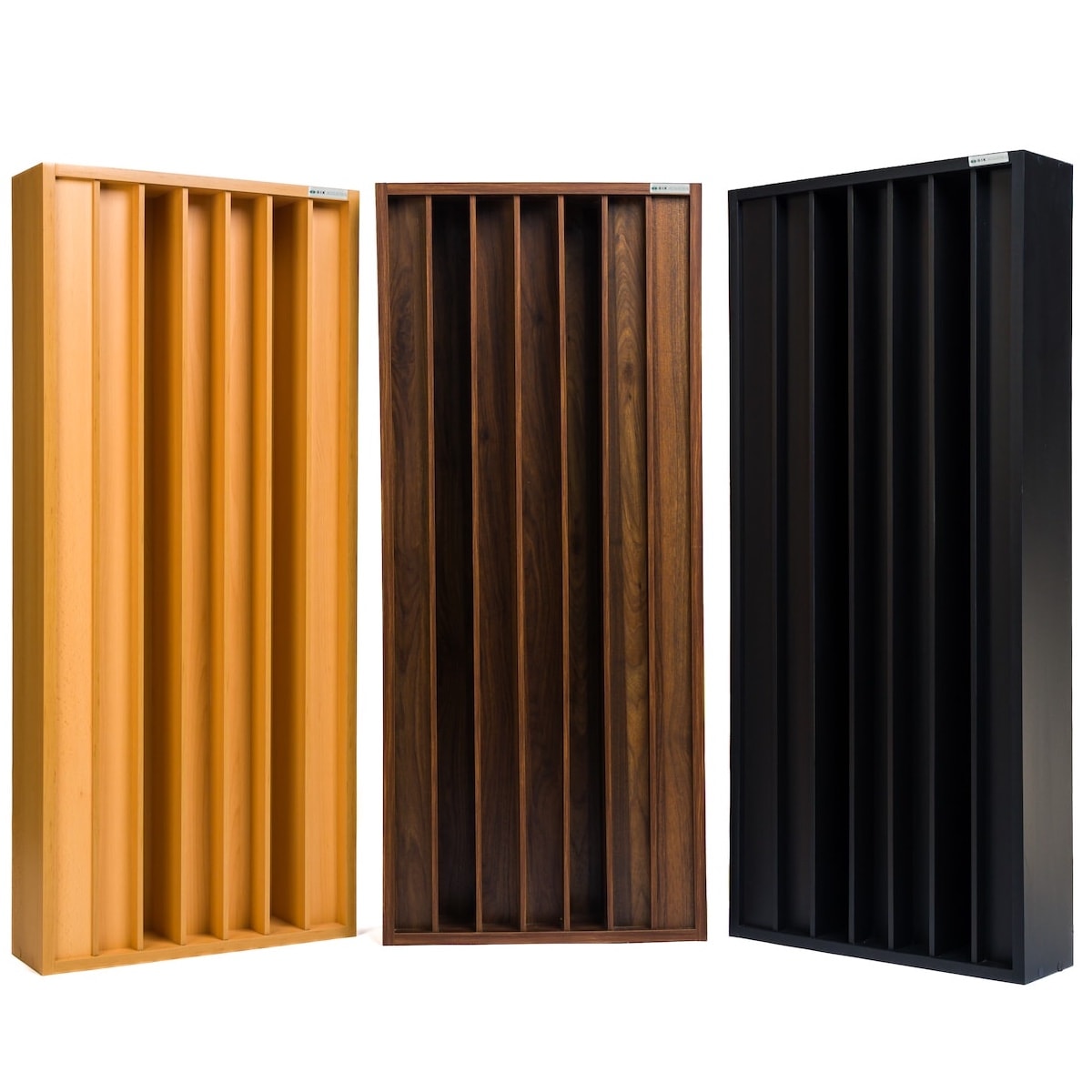

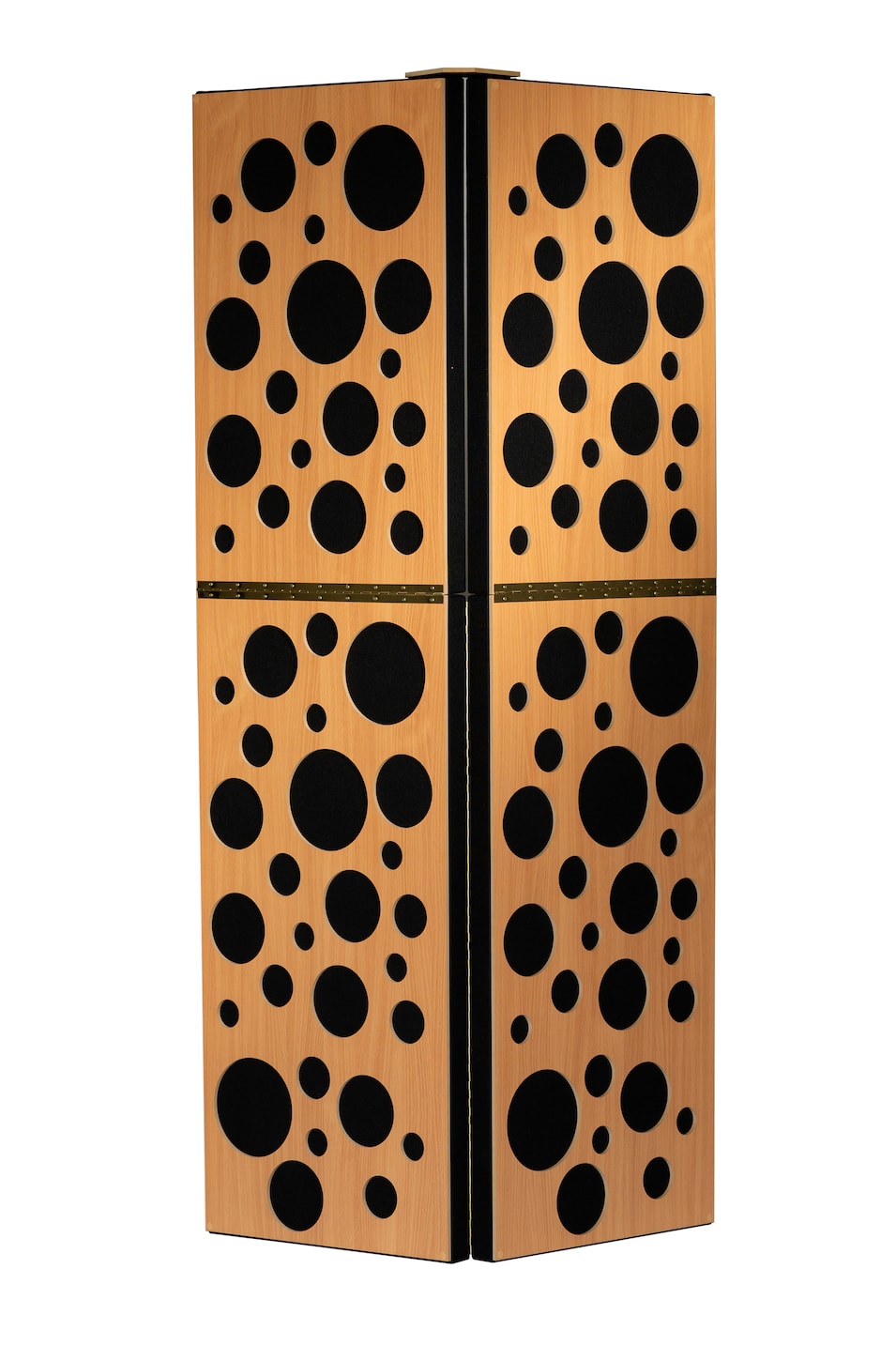
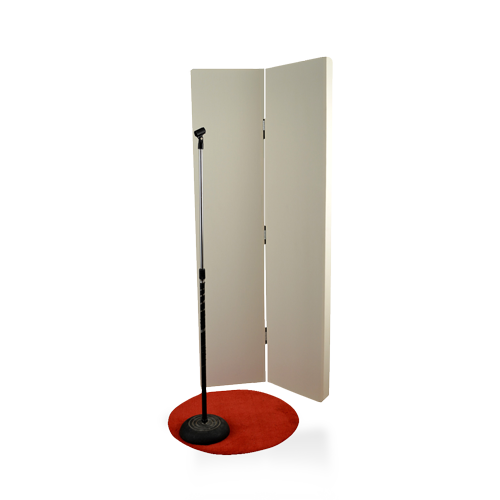
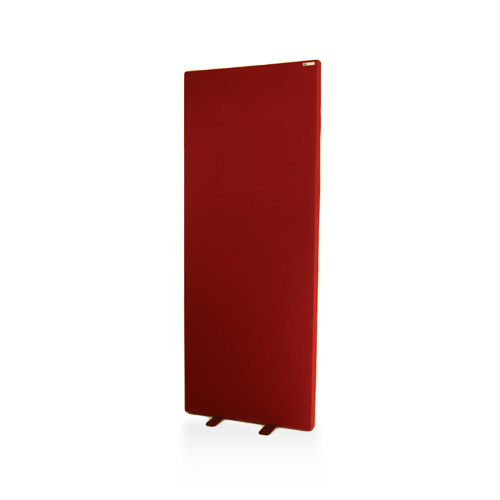
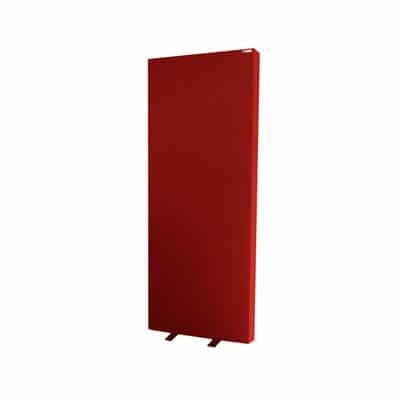
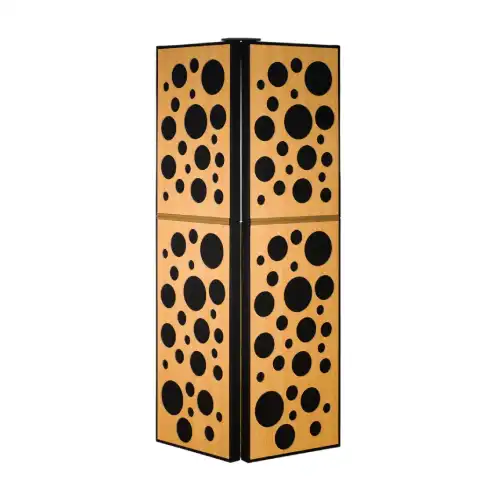
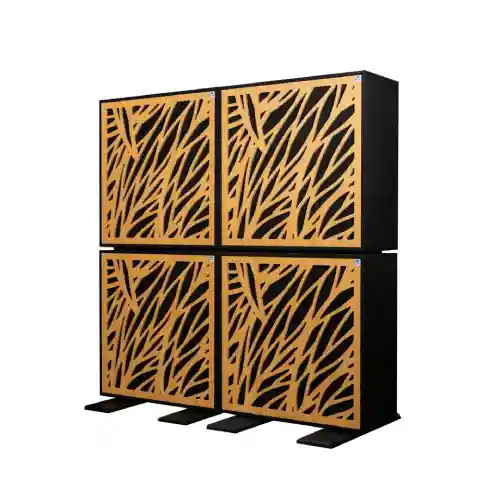
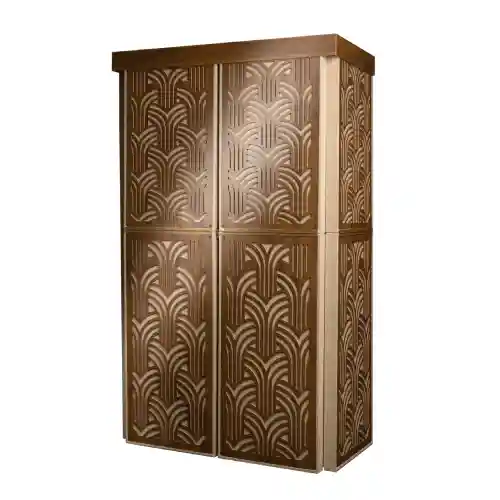


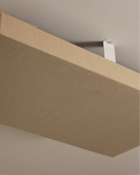
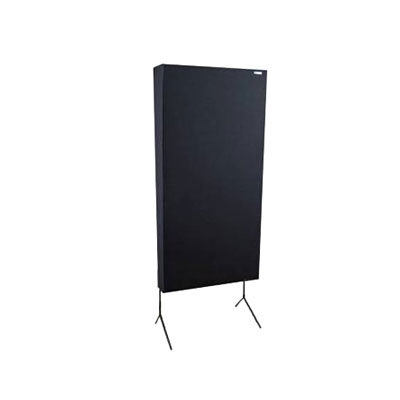
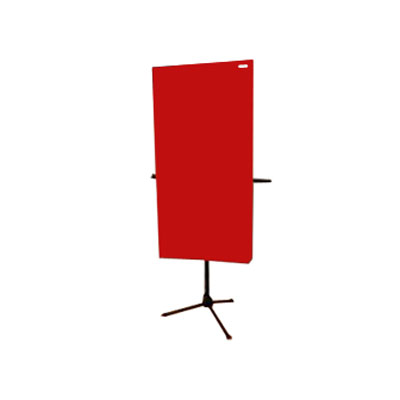
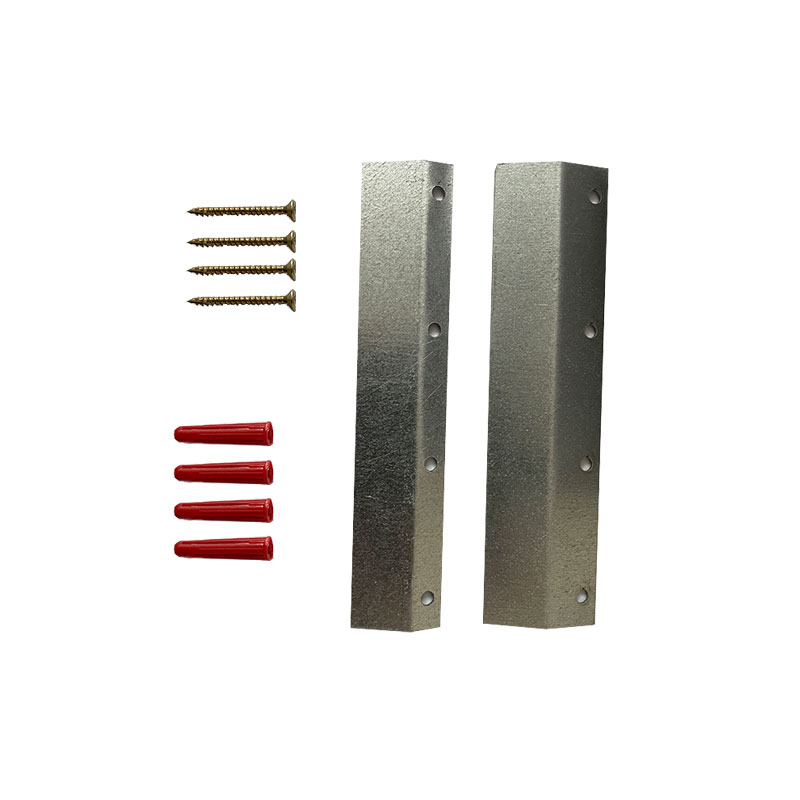

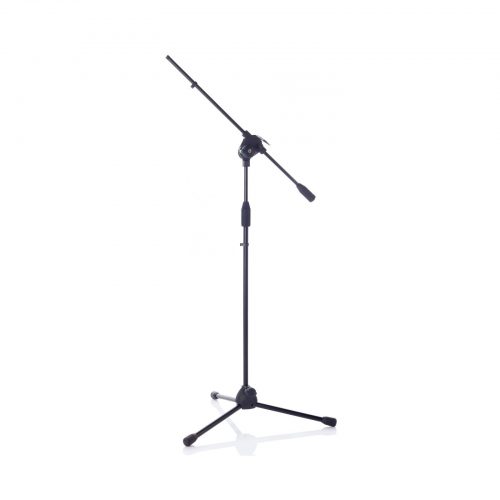








We are hiring – Room Designer Position Available
[...]
Designer Tips: The Significance of “Clouds” with Mike Major
When people reach out to us at GIK for acoustic advice, we never have any [...]
Jun
Designer Tips: The Importance of Coverage Area with James Lindenschmidt
The most important factor in acoustic treatment performance is coverage area. Or more specifically, the [...]
May
Designer Tips: Home Theaters and Acoustic Balance with John Dykstra
Without fail, one of the first things our clients say to us when we begin [...]
May
Black Friday Cyber Monday Sale 2021
[...]
Nov
GIK Acoustics Releases Stylish Vocal Isolation Booth
ATLANTA, GA (June 3, 2020) – We announced the debut of a new portable sound [...]
Aug
New Thicknesses for DecoShapes Hexagon Acoustic Panels
We have just introduced more thicknesses for our DecoShapes Hexagon acoustic panels. From thin 1 [...]
Aug
GIK Giveaway Summer Photo Contest 2021
The GIK Acoustics Summer Giveaway Photo Contest 2021 invited customers to submit photos illustrating how [...]
Jun